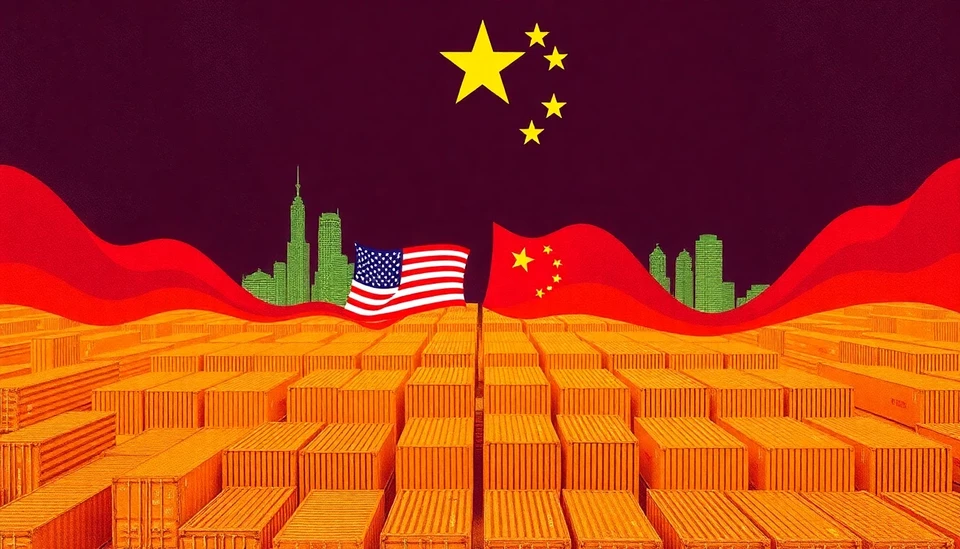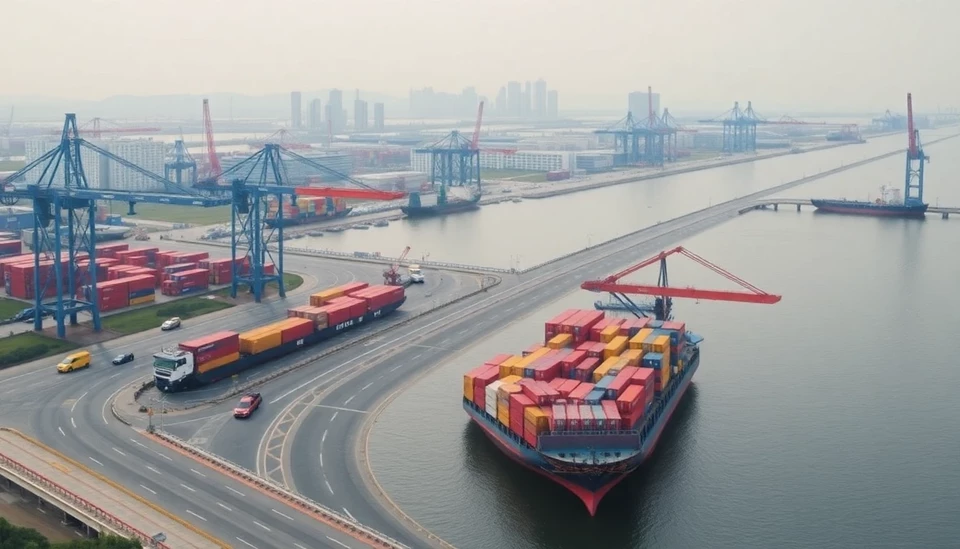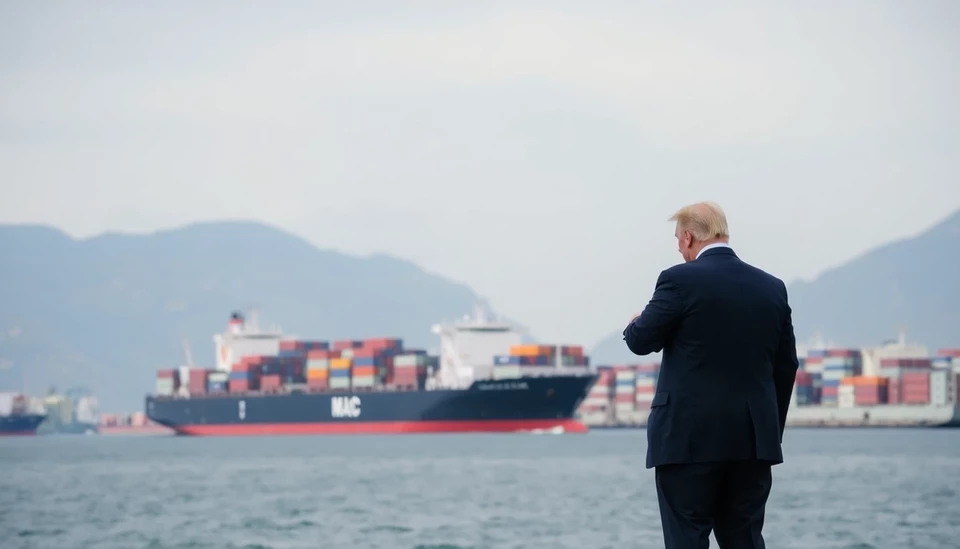
In a sharp rebuttal to the looming prospect of increased tariffs on Chinese goods by the United States, China has unveiled a series of defensive measures aimed at mitigating the economic impact. On February 2, 2025, Chinese officials expressed their intent to safeguard local industries from what they termed as unwarranted aggression by the U.S., signaling a potential escalation in the ongoing trade war between the two economic powerhouses.
The backdrop for this confrontation stems from the U.S. government's recent hints at implementing tariffs on a range of products imported from China. These discussions have revived concerns over the fragile state of global trade relations and have incited strong reactions from Beijing, which views such actions as detrimental to international trade norms. In response, China’s Commerce Ministry pledged to invoke the World Trade Organization (WTO) framework if necessary to counter such measures, indicating a readiness to escalate the matter to an international level.
In a statement, a spokesperson from the ministry articulated the belief that the proposed tariffs would not only contravene the principles of free trade but also disrupt the global supply chain significantly. China’s leadership emphasized the need for dialogue and cooperation, insisting that punitive tariffs would not yield constructive outcomes. They called upon the U.S. to reconsider its stance and work toward a collaborative resolution instead.
Moreover, China is reportedly exploring various options to bolster its economy against these potential tariffs. This includes enhancing domestic consumption, supporting key industries, and diversifying its trade partnerships to minimize reliance on U.S. markets. Analysts suggest that these strategic shifts might shift the dynamics of global trade, particularly if tensions continue to escalate.
As the specter of tariff implementations looms, stakeholders from various sectors are keeping a keen eye on developments. The manufacturing and export markets have been particularly on alert, as many companies could face significant financial ramifications should tariffs be enacted. Industry experts are urging businesses to prepare contingency plans in case tariffs are introduced, predicting that prices for consumer goods could increase considerably, impacting the average consumer.
The geopolitical implications of this brewing trade conflict extend far beyond economics, as it reflects deeper strategic rivalries between the United States and China. The ongoing trade tensions serve as a reminder of the intricate challenges facing global economies in an increasingly interconnected world. The outcomes of this dispute could reverberate through various sectors, influencing everything from technology and agriculture to international relations and beyond.
In summary, as China gears up to counter the perceived threats from the U.S. in the form of tariff discussions, it remains to be seen how this confrontation will unfold on the global stage. Both nations' leaders are confronted with the underlying question of how to balance national interests with global cooperation, and the decisions made in the coming days are likely to shape the trade environment for years to come.
#ChinaTrade #USTariffs #GlobalEconomy #TradeWar #WTO #InternationalRelations #EconomicPolicy
Author: Rachel Greene




